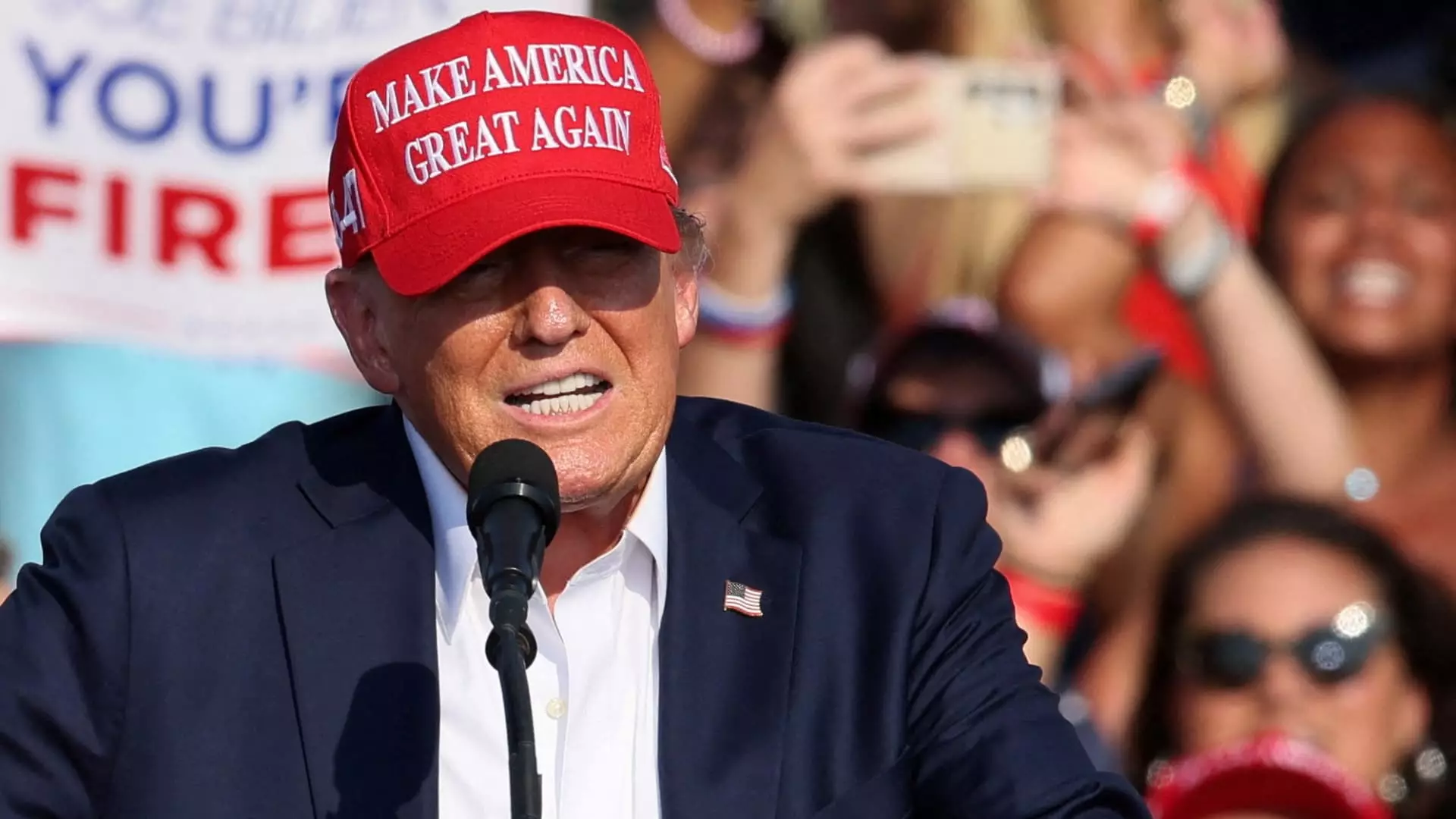Former U.S. President Donald Trump recently made headlines with his statement that Taiwan should pay the U.S. for defense, arguing that the country “doesn’t give us anything.” This comment came as a response to a question regarding whether he would defend Taiwan against China. His remarks, published in an interview with Bloomberg Businessweek, shed light on the complex dynamics between the U.S., Taiwan, and China.
Trump’s suggestion that Taiwan should pay for defense was linked to the country’s semiconductor industry, one of the most advanced in the world. He highlighted Taiwan’s dominance in chip manufacturing, stating that they “did take about 100% of our chip business.” This underscores the significant role that Taiwan plays in global chip production, with TrendForce data indicating that Taiwan is expected to account for 66% of the world’s most advanced chip production this year.
The increasing concentration of chip manufacturing in Taiwan has raised concerns about the vulnerability of the global supply chain, particularly in the event of a Chinese attack on the island. TSMC Chair Mark Liu has warned that any military intervention in Taiwan would render the company’s factories “not operable.” This highlights the critical role that Taiwan plays in the semiconductor industry and the potential risks associated with overreliance on the country for chip production.
In response to these concerns, the Biden administration has been working to bring more chip manufacturing back to the U.S. Through grants and incentives, the government is encouraging companies like TSMC and Samsung to expand their production facilities in the United States. This initiative aims to reduce the U.S.’s dependence on foreign chip manufacturers and enhance its own semiconductor capabilities.
Trump’s comments regarding Taiwan’s contribution to defense and the semiconductor industry have sparked conversations about the future of U.S.-Taiwan relations. As tensions with China continue to escalate, the U.S. is faced with a delicate balancing act in supporting Taiwan while also navigating its relationship with Beijing. The intersection of geopolitics, technology, and national security underscores the intricate nature of international relations in the 21st century.


Leave a Reply